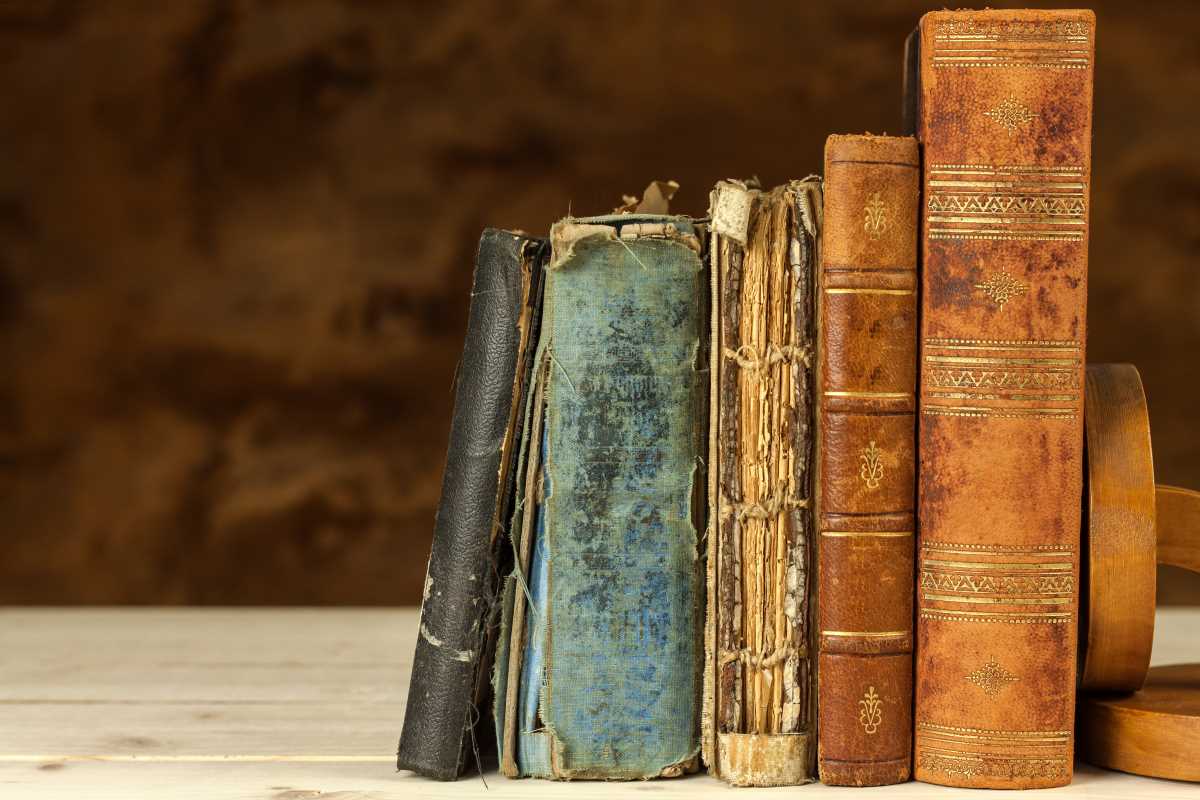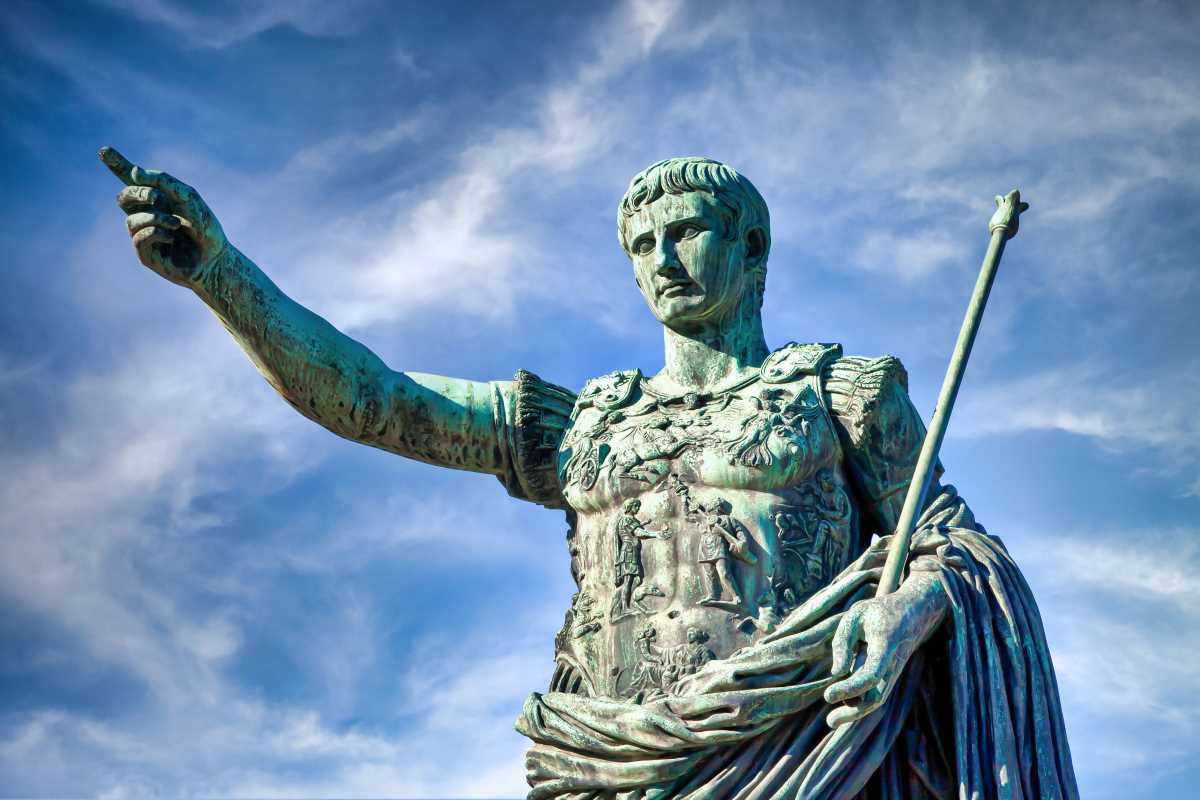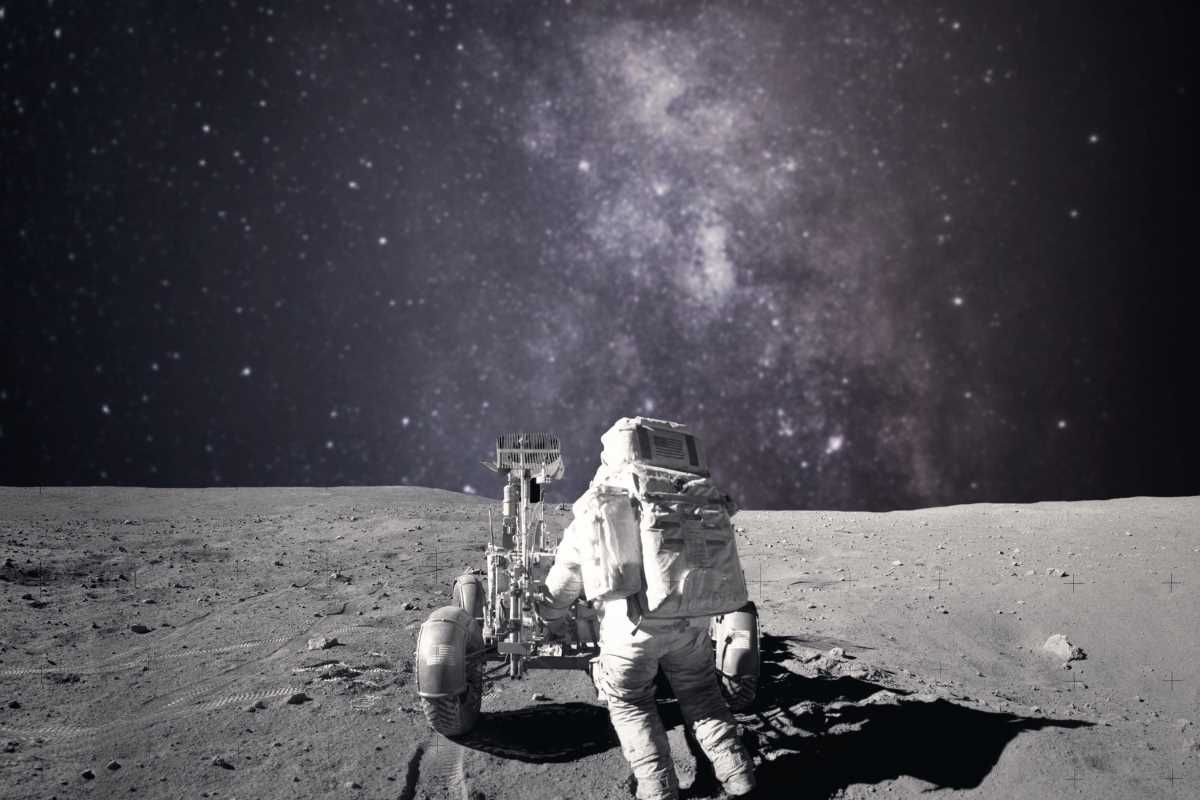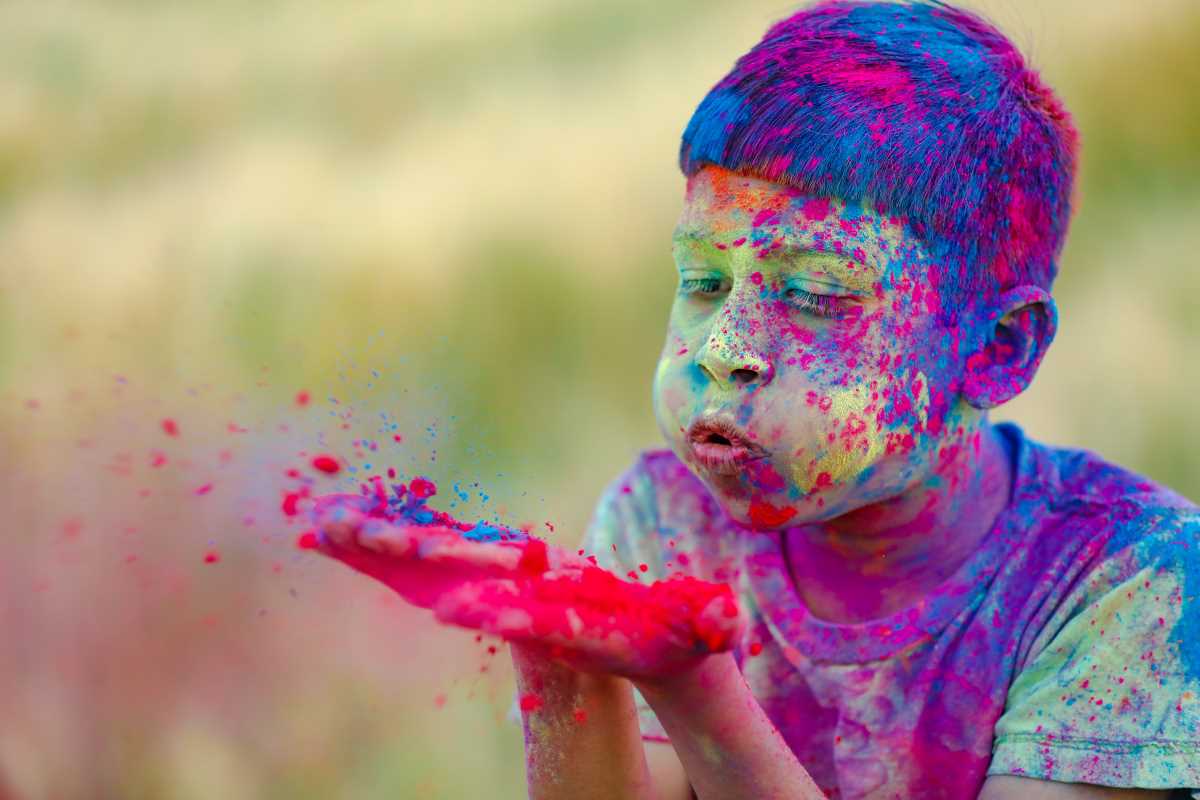If you’ve endured an English class, the name Shakespeare probably rings a bell. You may have rolled your eyes at his old-fashioned language, struggled through a sonnet, or wondered how anyone could make sense of that many metaphors. What you might not realize is just how deeply his works still shape what we watch, read, and listen to. Shakespeare's themes, characters, and dialogue echo everywhere, from movies to TV series, music, and even modern relationships. Whether it’s a coming-of-age teen movie, a political drama, or a hit pop song, the Bard’s stories and ideas are woven into the fabric of pop culture. And honestly, that’s just as fascinating as it is surprising.
Timeless Themes That Echo in Modern Stories
One major reason Shakespeare still speaks to us is his use of universal themes, like love, ambition, jealousy, and revenge. These emotions and struggles aren’t going anywhere, which is why his stories keep getting retold. Some adaptations are subtle, while others practically scream his influence.
Take The Lion King, for example. Disney’s animated classic draws heavily from Hamlet. Both feature princes seeking revenge for their fathers’ murders, power-hungry uncles, and moral dilemmas. The ghost of Mufasa is totally Shakespearean. Though The Lion King swaps tragic endings for triumphant redemption, the bones of Hamlet are undeniable. It’s a perfect example of how Shakespeare’s stories can shift tone and genre while staying true to the original themes.
Modern Antiheroes and Shakespeare’s Influence
Shakespeare was also a master at creating flawed heroes and antiheroes. Characters like Macbeth and Hamlet set the stage for complex protagonists who grapple with their darker sides. Those traits feel familiar in today’s storytelling. Look at Frank Underwood from House of Cards—a modern Machiavellian inspired by Macbeth himself. Frank’s ambition, manipulation, and descent into corruption mirror Macbeth’s own path, and Claire Underwood has shades of Lady Macbeth in her calculating partnership. They even confide in the audience through asides, just like the soliloquies that pulled Shakespeare’s viewers into his characters’ schemes.
From Stage to Teen Romance
Teen movies wouldn’t be the same without Shakespeare. One standout example is 10 Things I Hate About You, a modern adaptation of The Taming of the Shrew. The film trades the Renaissance setting for a high school but keeps the dynamic of headstrong characters clashing and finding love amidst chaos. By putting Shakespearean wit into the mouths of teens and setting the drama against football games and rock band auditions, the movie shows just how adaptable his works are.
Another blockbuster love story inspired by Shakespeare is West Side Story. This classic musical is an updated version of Romeo and Juliet, swapping feuding families for rival gangs in 1950s New York. Tony and Maria’s forbidden romance echoes Romeo and Juliet’s doomed love affair, with tensions infamously boiling over in tragic (and highly choreographed) street fights. Unlike The Notebook, which might have parallels to Romeo and Juliet in its themes of love and conflict, West Side Story directly and deliberately reimagines Shakespeare’s play.
Shakespeare in Music
If you think Shakespeare’s influence ends with movies and TV, think again. Some of today’s biggest songs have a direct link to his works. Swifties will know that Taylor Swift’s “Love Story” reimagines Romeo and Juliet. It gives the star-crossed lovers the happy ending they never got in Shakespeare’s play. “You were Romeo, I was a Scarlet Letter” gives the story a fresh twist, blending themes of forbidden love with references to societal judgment. By doing so, Swift keeps the essence of the play while making it aspirational for a new generation.
On top of that, tons of musicians have tapped into Shakespeare's timeless imagery. Whether it’s quoting a famous line, writing songs based on his characters, or simply drawing on his themes, his stories continue to inspire artists worldwide.
Words and Turns of Phrase From the Bard
Ever hear phrases like “wild-goose chase” or “break the ice”? These handy sayings are Shakespeare originals. The Bard had an unmatched ability to encapsulate complex emotions or situations in simple, striking expressions. Over 400 years later, these words and phrases remain staples of modern communication.
Think about this the next time you tell a friend they have a “heart of gold” (Henry V) or laugh so hard you’re “in stitches” (Twelfth Night). Even if you’ve never cracked open one of his plays, you’ve been quoting him more often than you realize.
Why He’s Still Relevant
At the end of the day, Shakespeare’s works endure because they tap into something universal about what it means to be human. His plays and poems captured emotions and conflicts in ways that are still deeply relatable. They’ve laid the foundation for countless movies, shows, and songs we turn to for entertainment, lessons, and inspiration.
From the epic struggles of Hamlet, to the witty insults of The Taming of the Shrew, to the passionate love in Romeo and Juliet, Shakespeare’s legacy isn’t just preserved in libraries or theaters. It’s alive in pop culture, where his words and ideas find new audiences in fresh, exciting ways. Whether it’s Simba on Pride Rock, Frank Underwood in the halls of Congress, or Taylor Swift singing about a forbidden romance, Shakespeare’s influence is as broad as it is timeless.
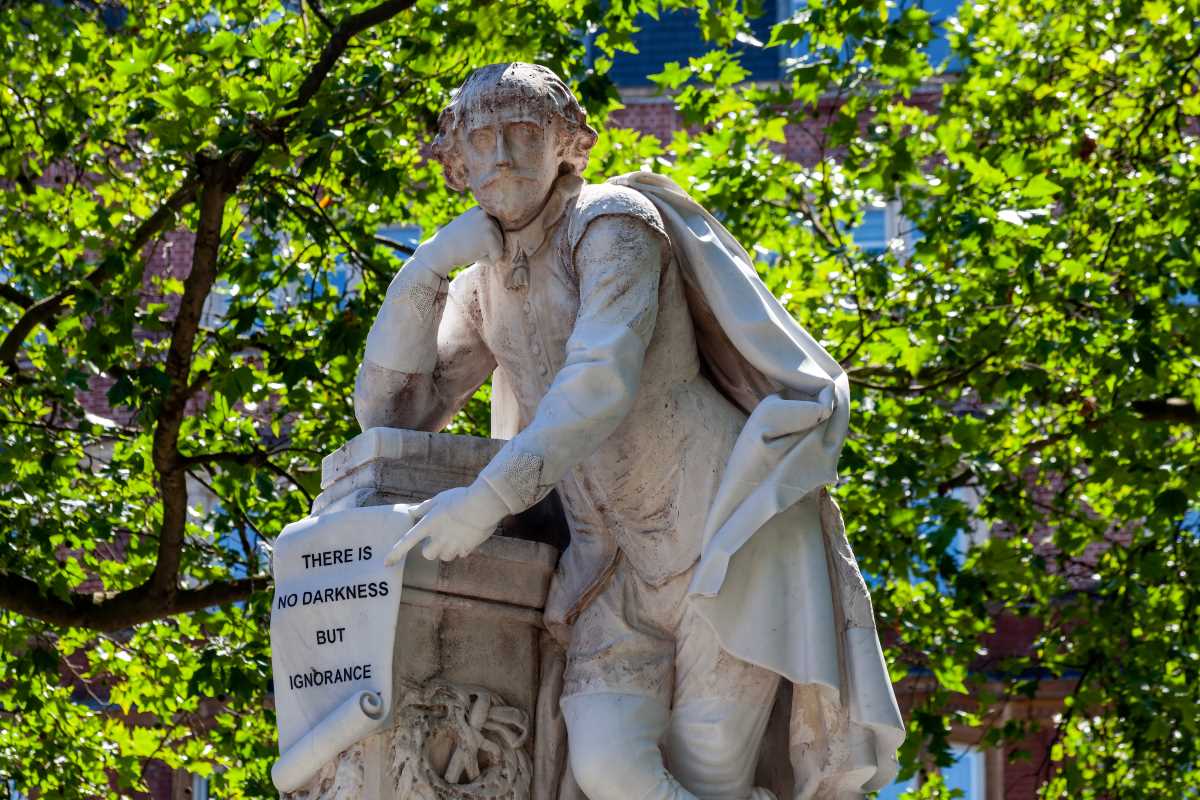 (Image via
(Image via
